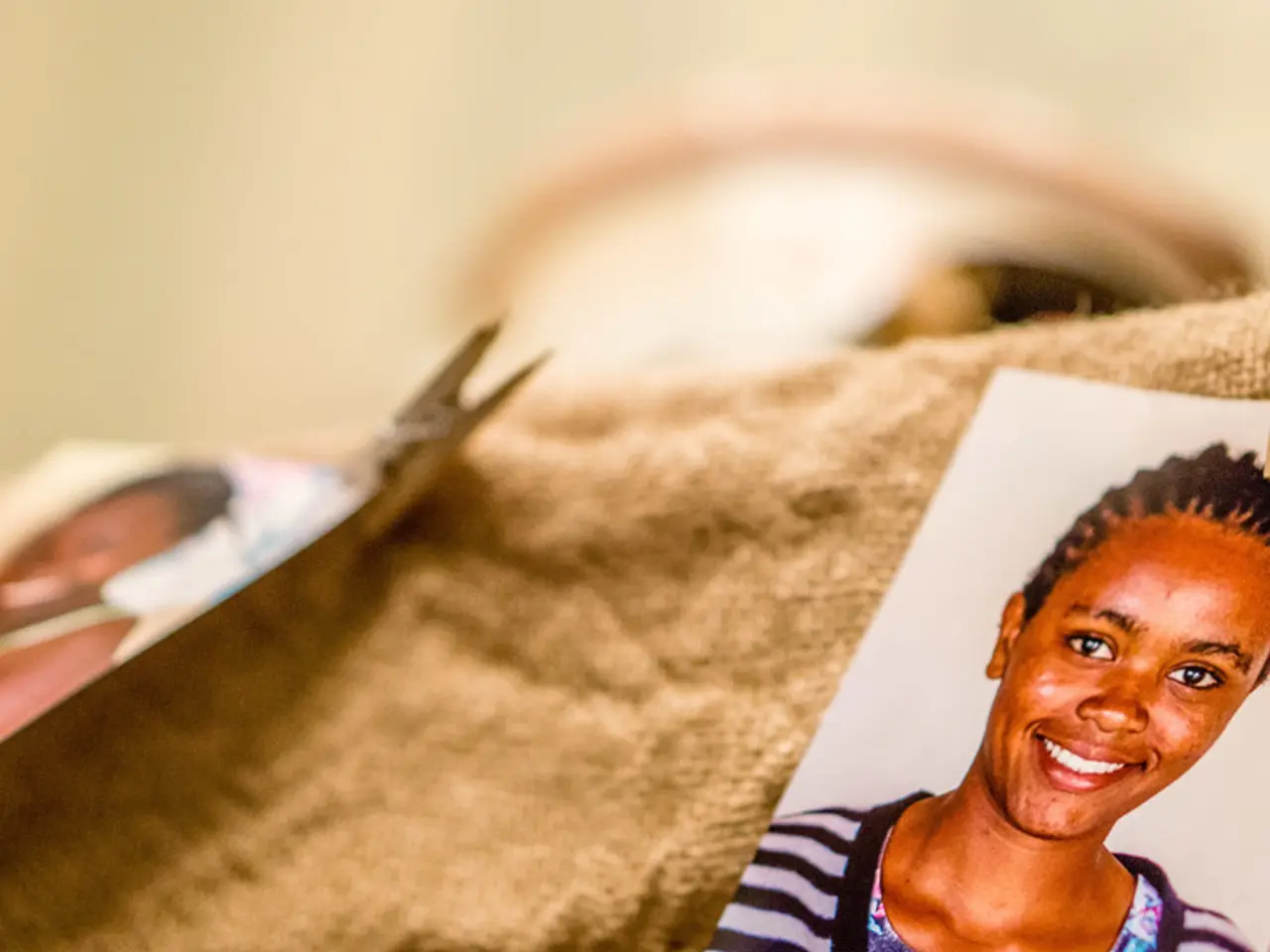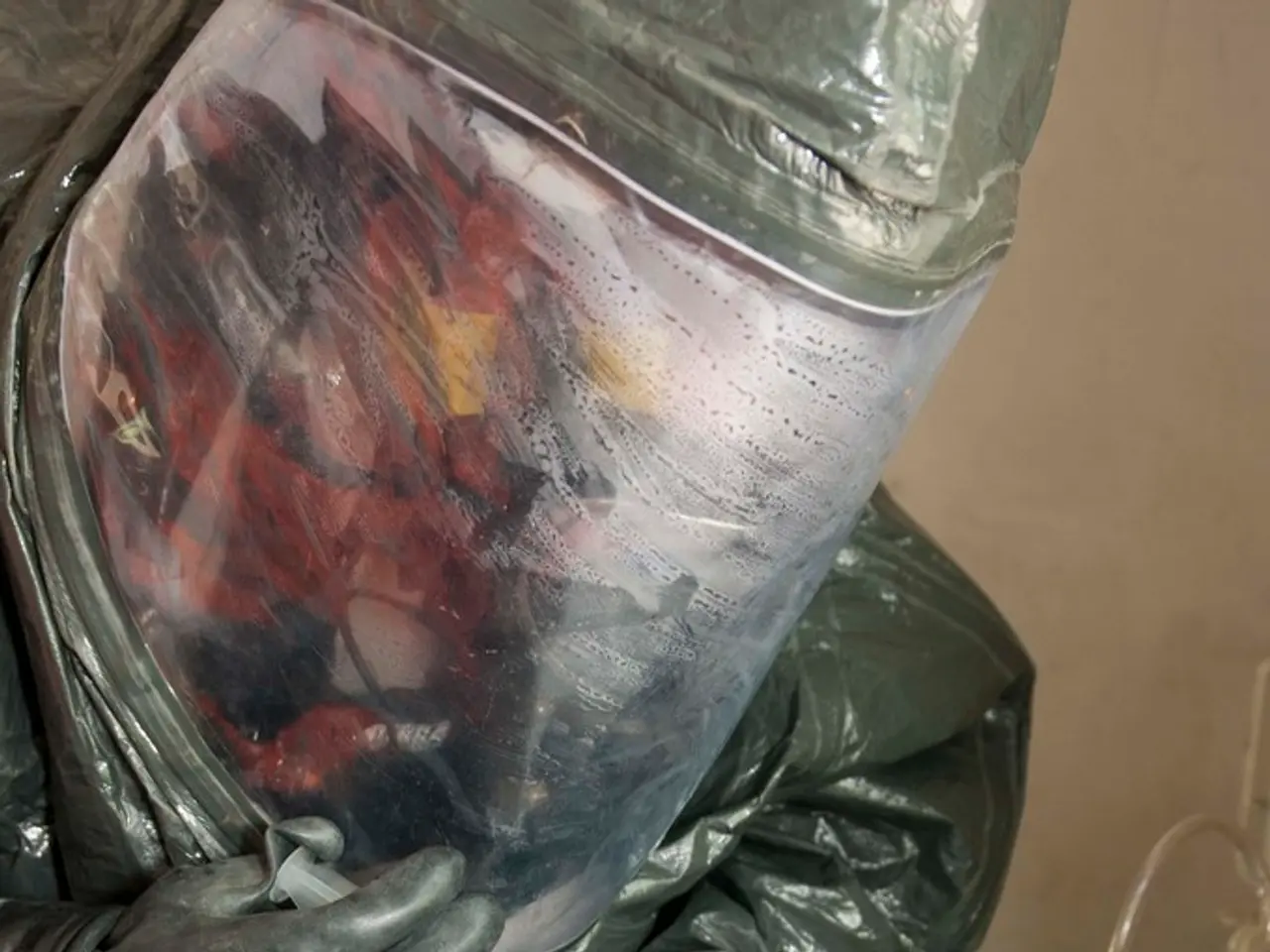Impact of Trump's Travel Ban and Visa Restrictions on Hospitals and Health Systems
In a significant development that could have far-reaching implications for the U.S. healthcare system, hundreds of international medical graduates (IMGs) have faced delays or been blocked from starting residency programs on July 1, 2025, due to the Trump administration's travel ban and visa restrictions affecting 12 countries.
The travel ban, enacted in the name of national security and public safety, has caused uncertainty and delays, particularly for those seeking J-1 visas, which are commonly used by international residents. The suspension of J-1 visa interviews and the requirement for a "national interest exception" for those from restricted countries have created a backlog that is still being resolved as of early July 2025.
The delay in the arrival of IMGs has resulted in critical staffing shortages in many U.S. hospitals, especially those serving low-income and underserved communities. Interviews with a small number of delayed medical residents reveal the substantial impact of these delays, with many hospitals struggling to fill vacancies.
The exact number of IMGs affected is not precisely known, but reports suggest that the number is in the hundreds. The situation is evolving, with visa processing resuming but the backlog remaining. Some U.S. embassies have been slow to open interview slots, and some have not opened any.
IMGs play a critical role in the U.S. healthcare system, making up nearly 17% of the entire incoming workforce of medical residents in 2025. They are particularly crucial in rural America, where they form the backbone of healthcare for the 66 million Americans served by rural hospitals. Without IMGs, the health of these communities could be in jeopardy.
The travel ban could have serious consequences for public health and medical education. The U.S. will face a physician shortage of 86,000 doctors by 2036, according to the Association of American Medical Colleges. The travel ban may amplify this shortage by deterring prospective physicians from considering medical training programs in America given the challenges and hurdles present in securing visas.
Moreover, the travel ban could decrease the amount of culturally competent physicians that serve an increasingly diverse population in America. IMGs are more likely to practice in medically underserved areas, providing primary care, cancer screening, and emergency care to some of the U.S.'s most vulnerable populations.
In conclusion, the travel ban and visa restrictions have created a significant challenge for the U.S. healthcare system, with hundreds of IMGs facing delays or being blocked from entering the country. The impact of these delays is substantial, with many hospitals facing critical staffing shortages. As the situation continues to evolve, it is crucial to find a solution that ensures the continued growth and diversity of the U.S. medical workforce.
- The ongoing visa restrictions and travel ban have led to a surge in interest in alternatives for international medical graduates (IMGs), such as the use of cannabidiol (CBD) for mental health management during this stressful time.
- Amidst the concerns surrounding war and conflicts across the globe, the impact of the travel ban and public health implications for IMGs has also emerged as a significant general news topic in the health-and-wellness sector, inspiring discussions on policy-and-legislation and politics.
- In the midst of this unfolding crisis, the American Association of Medical Colleges has highlighted the need for increased investment in medical-conditions research related to IMGs, to ensure their optimal mental and physical well-being during what is a pivotal period in their careers.
- As images (imgs) of crowded hospitals and empty residency slots dominate the headlines, the topic has gained international attention, with international organizations calling for updated policies regarding the visa process for IMGs to ensure public health and the overall functionality of the U.S. healthcare system.




